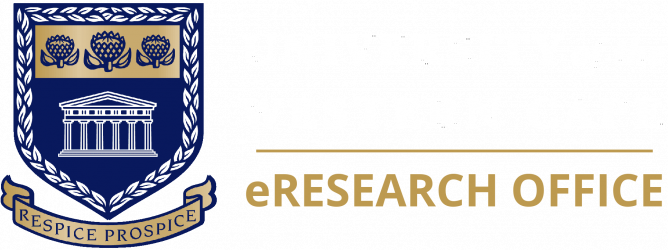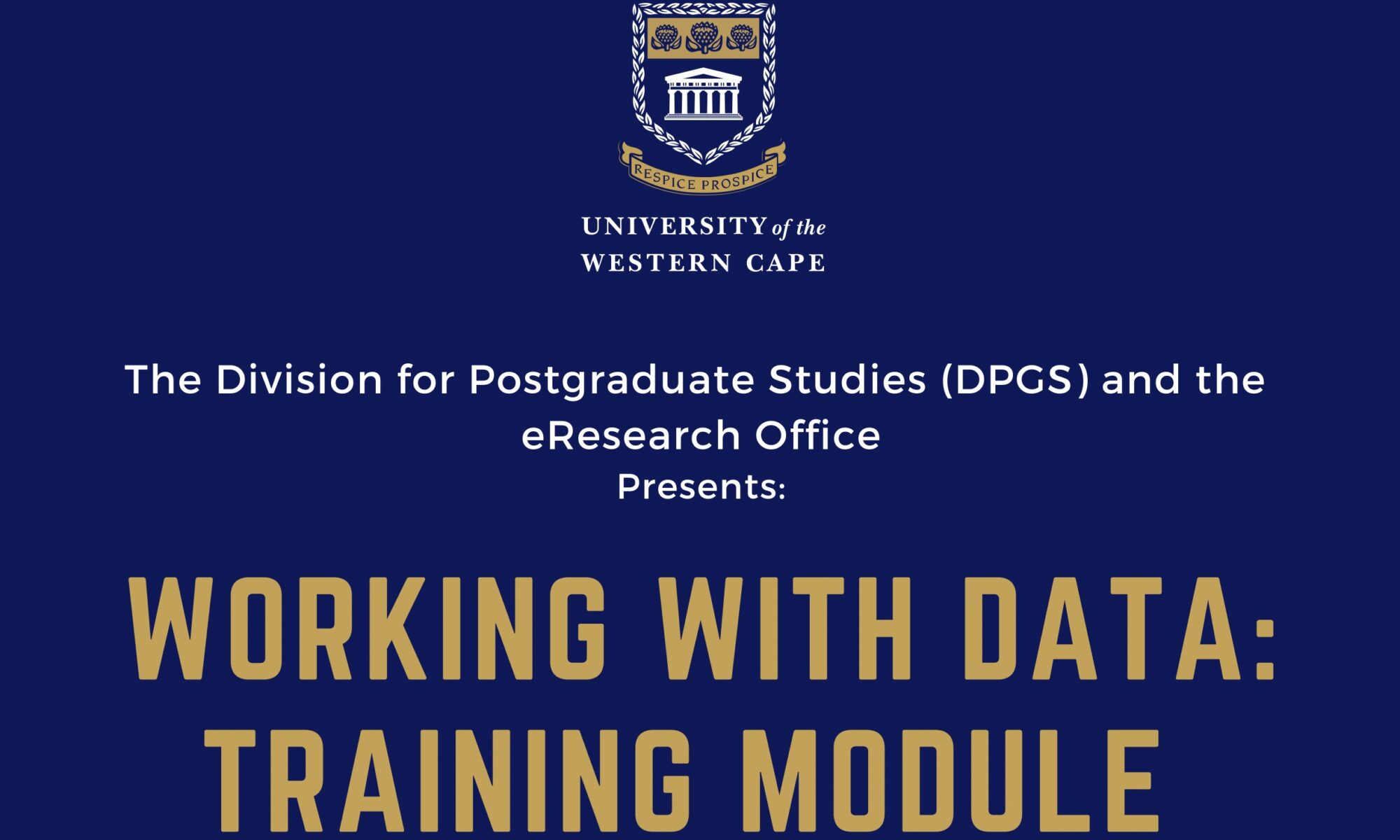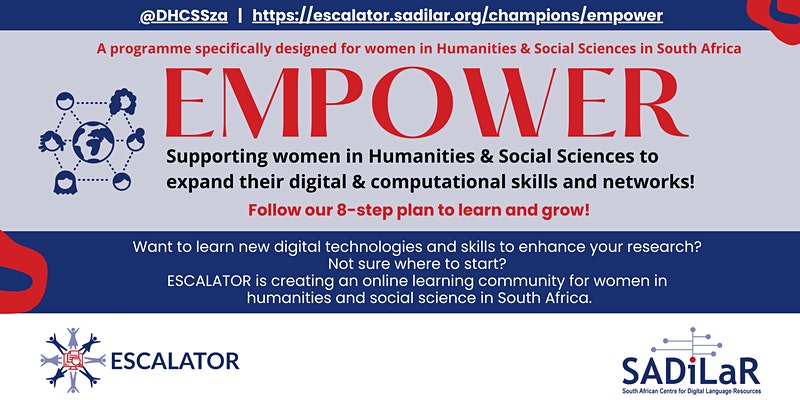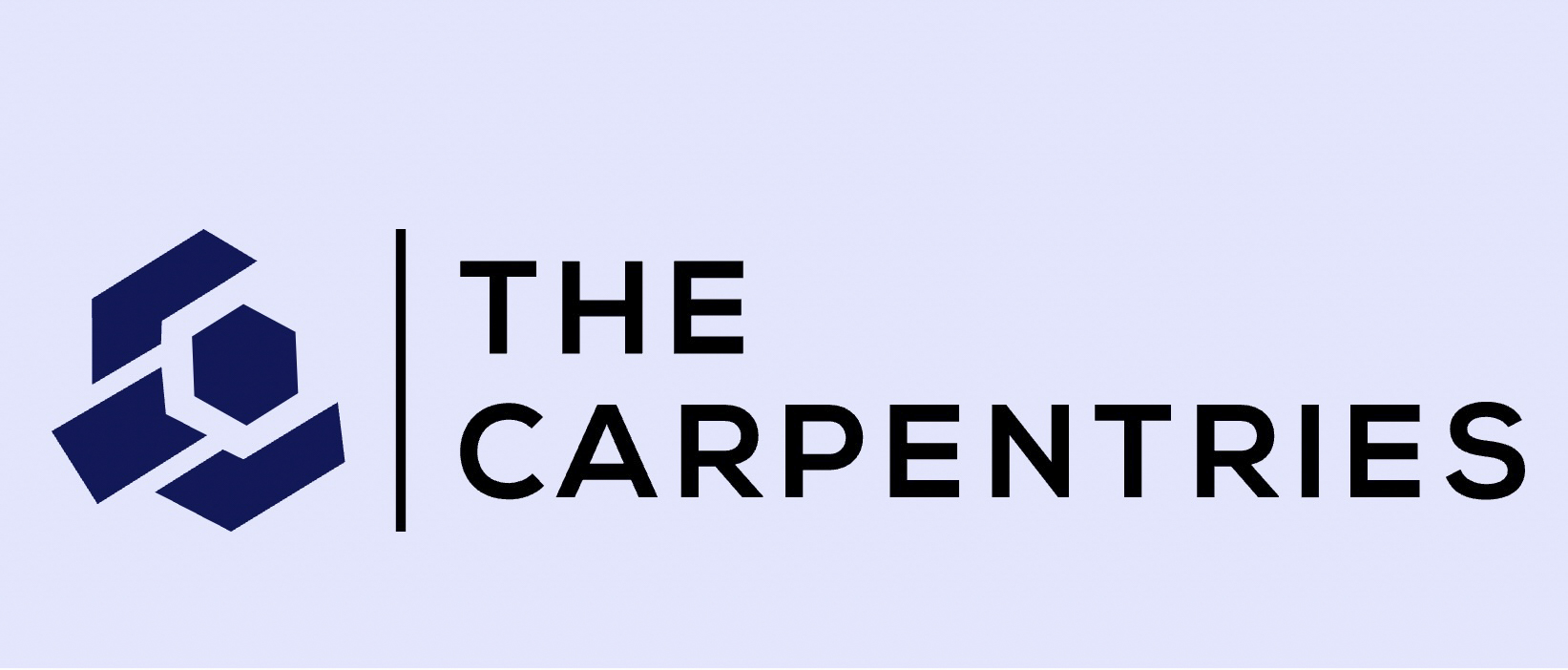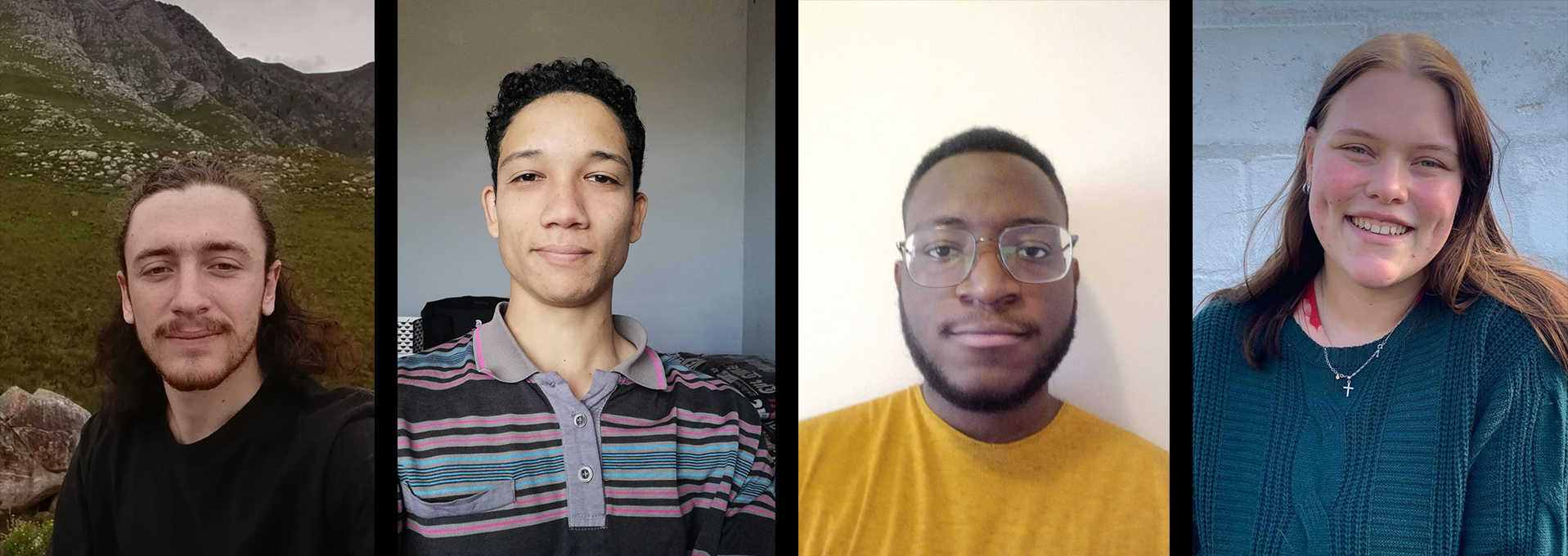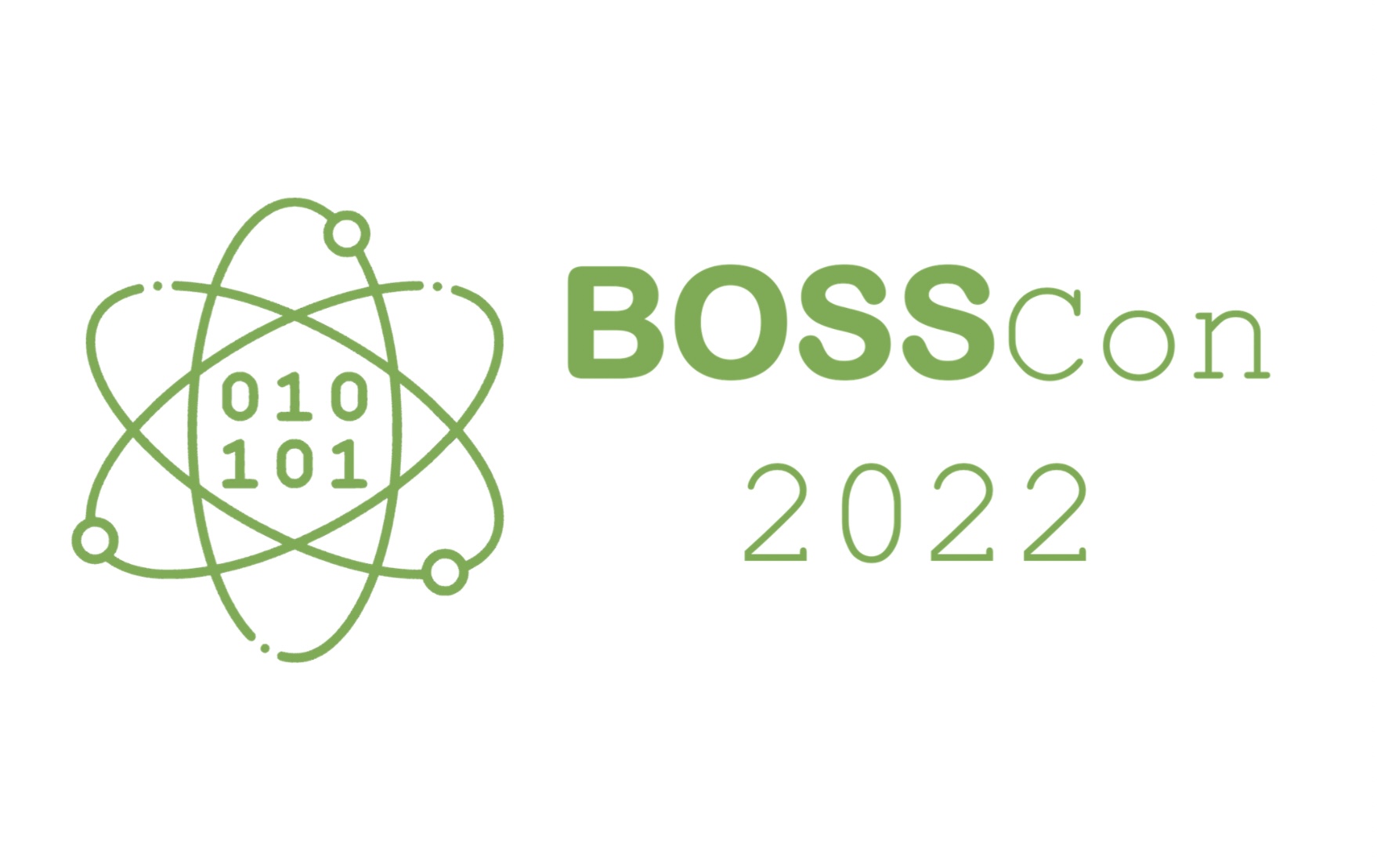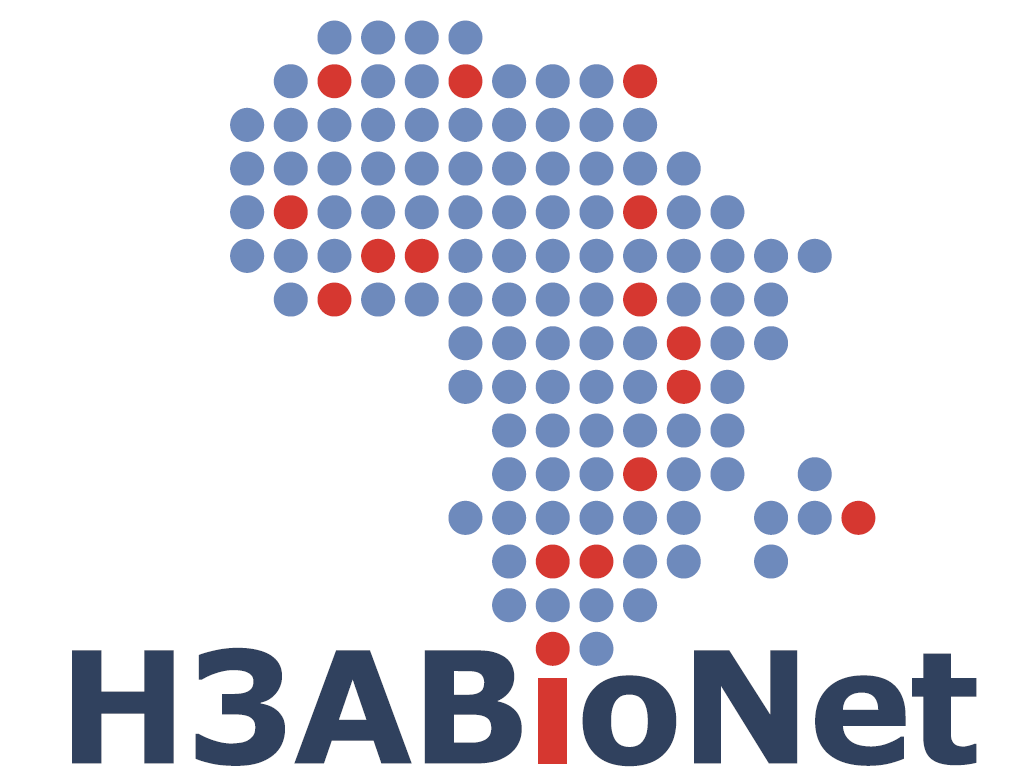A UWC student team, the “Parallelizers”, were winners at the CHPC (Centre for High Performance Computing) 2021 Student Cluster Competition, and will go on to compete at the prestigious ISC 2022 Student Cluster Competition later this year. The CHPC Student Cluster Competition gives undergraduate students at South African universities exposure to the High Performance Computing (HPC) world.
Team members Ruchelle Coetzee, Rofhiwa Matumba, Randall Buckton and Jaco Ferreira are all undergraduate Computer Science students at UWC. The team will be joined by Vanessa Dimtcheva and Edward Ramashia (from the University of the Witwatersrand) to make up the Centre for High Performance Computing (CHPC)’s team competing at the ISC 2022 Student Cluster Competition in Hamburg, Germany in May/June 2022.
Team mentor from SANBI, Peter van Heusden, provided access to training resources and assistance along the way. “SANBI has been committed to supporting the Student Cluster Competition since 2013, providing technical advice, space on our computing environment and mentorship. We are of course overjoyed at the success of Team Parallelizers!”
Jaco started forming the team in early 2021, and they started training together as soon as they had a full team. The first round of the competition started in June, and the Parallelizers qualified for the next round, which took place in November. Ruchelle, currently a third year BSc Computer Science student, says she was shocked when she found out they had won. Teams were unaware of each other’s progress, so “it was difficult to know if we were on the right track”. “I had known one thing about Linux going into this competition and that was the existence of it”, she jokes. She was aware that some of the other teams already had Linux experience, and had previously dominated the competition, so “there was a factor of intimidation added”. Jaco, a first year at the time of the competition, now in his second year of his BSc, also acknowledges how intimidated he was by the more experienced other teams. He says that this actually “helped us with a sense of competitiveness and allowed us to push that extra little bit”.
Rofhiwa was motivated by the opportunity to run software and solve problems using very powerful hardware. “As a computer science student, the competition would also provide me with a channel to exercise my computational skills outside of my course content in a very relevant and fast-growing field”. The competition was impressive, with more than forty teams from universities across South Africa and other African countries competing in the first round. The final round was between four teams.
However, they don’t believe that it was just being the lucky underdogs that made them winners – “what ultimately gave us the victory was our team communication”, says Jaco. By speaking openly with each other, “we were able to overcome the difficulties presented by the online environment that we had to work on and were able to understand each other’s strengths and weaknesses.” Randall (currently in his fourth and final year of the extended curriculum BSc Computer Science programme), agrees. “I believe our good team chemistry along with our commitment to this competition led to us winning the competition”.
The CHPC SCC required teams to build small high performance computing clusters. They were given a selection of applications to optimise and run on their cluster to demonstrate their design’s performance. Each team was assigned a budget and a parts list (the hardware was provided) from which they designed their cluster, and the teams were judged on a combination of their benchmark results and their cluster design. Rofhiwa describes the process: “we were required to benchmark (test the running efficiency) of software that would put good use to the systems made available to us and to develop an understanding of the networking systems that enabled us to do so”.
“We worked long, hard and smart to ensure we gave it our everything, especially in the final round, and came out on top” says Randall. What does this win mean for these students going forward? “Winning this competition has boosted my confidence in myself”, says Randall. “The fact that I started with little to no knowledge on how to navigate Linux’s terminal, how to compile things and run benchmarks, and then 7 months later using all of this to win the competition is a testament to myself of what I am capable of doing”. Ruchelle also feels excited about her future. Her knowledge of Linux and cluster computing has “grown exponentially” in the last year, and her interest in the world of high performance computing has been piqued. “This competition allowed me to learn about this new world and gain heaps of exposure by learning through experience”.
“Winning has given me the confidence to pursue high performance computing as a career choice in the future”, says Rofhiwa. “I am very proud of what we have been able to achieve as a team and as a group of friends”.
The ISC 2022 Student Cluster Competition, co-organized by the HPC-AI Advisory Council and ISC Group, will take place during the ISC High Performance Conference in June. The competition will follow a hybrid model, with some teams participating on-site and others, like the CHPC team, virtually. Final submissions are expected mid-May, after which the team will be interviewed and present their findings.
The ICS HPC (previously known as the International Supercomputing Conference) Student Cluster Competition will include “applications that address education and applied learning towards accelerating bioscience research and discovery”. The student teams will be tasked to test several applications that are used by scientists and researchers. The CHPC team will be competing amongst international peers, all showcasing their expertise in “a friendly yet spirited competition that fosters critical skills, professional relationships, competitive spirit and lifelong friendships”. South Africa has historically performed well in the competition, and although they are also juggling university work, the team has started preparing for the competition. “We are making progress by division of tasks and responsibilities”, says Ruchelle.
The call for participation for the CHPC 2022 Student Cluster Competition will be distributed in the next few weeks and will be communicated here.
For more information, interested students can contact:
Peter van Heusden pvh@sanbi.ac.za
Eugene de Beste eugene@debeste.co.za
